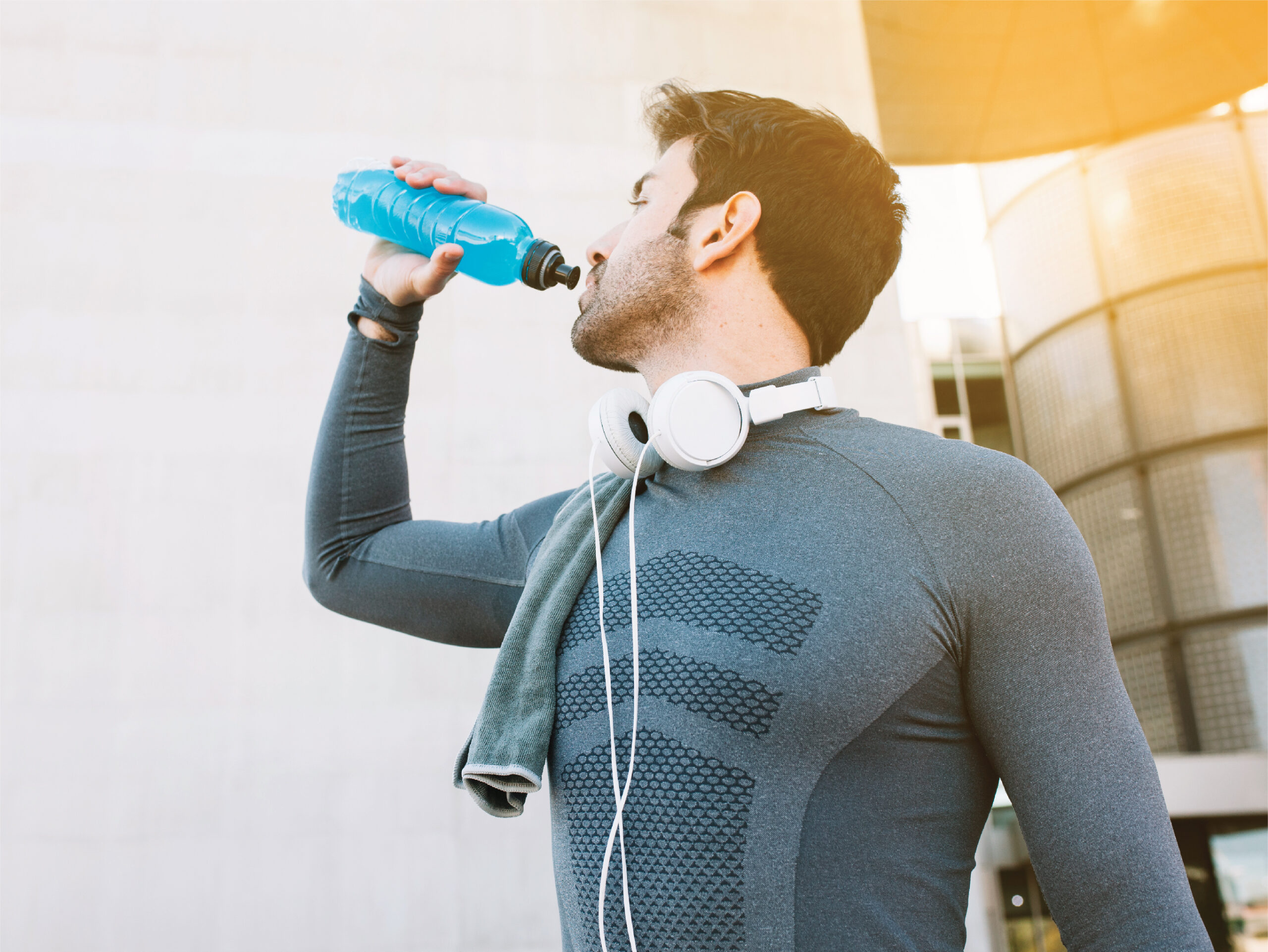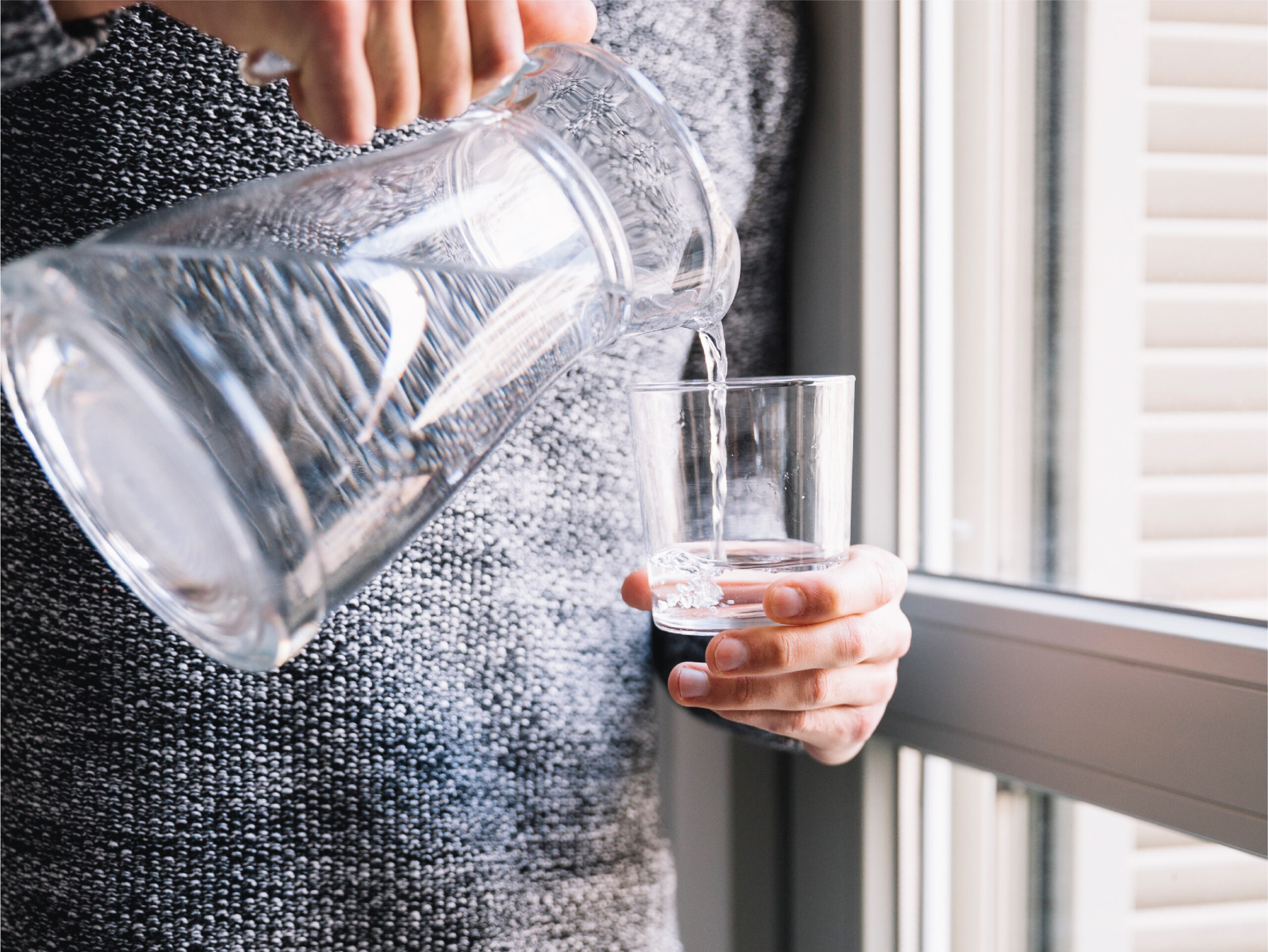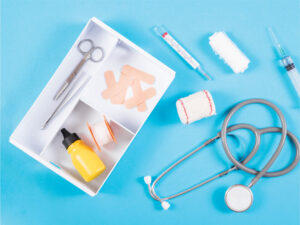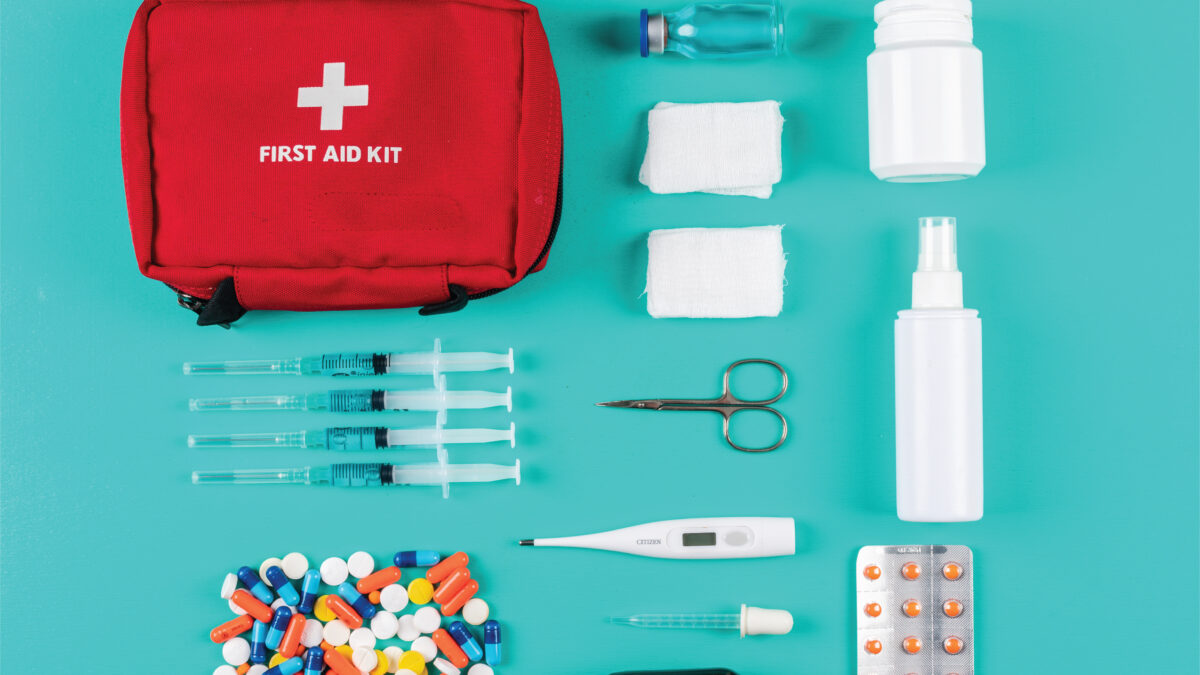
Are Sports Drinks Really Safe For Diabetes Patients?
April 26, 2022
What Is Diabetes Thirst And What You Can Do About It?
April 26, 2022Insulin is an important hormone that helps the body cells absorb blood glucose properly. Diabetes occurs when the pancreas produces less or no insulin in the body. Hence, diabetes patients usually take insulin to manage their health.
Although insulin shots are life-savers for diabetes patients, an overdose can become life-threatening. It can lead to hypoglycemia and even result in coma and seizures. Therefore, it is essential to know the symptoms of insulin overdose and the treatment methods to prevent serious complications. In this article, we are going to discuss the same.
Signs and Symptoms of Insulin Overdose
Some of the common symptoms of an insulin overdose include depressed mood, dizziness, drowsiness, headache, hunger pangs, lack of concentration, irritability, disorientation, nausea, fatigue, nervousness, rapid heartbeat, restlessness, sleep problems, slurred speech, excessive sweating, pale skin, tremors and unsteady movements.
In case of a severe overdose of insulin, you may also have seizures or go into a coma. Therefore, if you see any of these symptoms after insulin, consult your healthcare team immediately.
What Causes Insulin Overdose?
Many reasons can cause an insulin overdose, such as:
- accidentally injecting insulin twice for the same meal
- injecting the dosage of a different meal
- miscalculating carb intake
- skipping or delaying meals after taking insulin
- injecting the wrong insulin
- injecting the wrong dosage due to difficulty seeing the gradation on an insulin syringe.
First Aid Tips To Treat a Mild Overdose of Insulin

Skipping meals after taking insulin or miscalculating the insulin dosage may cause a mild insulin overdose. In this case, you should:
- First, check your blood sugar levels. If it is below 70 mg/dl, then the insulin overdose has caused hypoglycemia.
- To treat hypoglycemia, consume a fast-absorbing carbohydrate, such as glucose tablets, sugary drinks, hard candy, raisins, etc.
- Next, take a secondary action and eat some food, ideally a slow-absorbing carbohydrate, like bread. It will help raise blood sugar levels in the body.
- In the end, take sufficient rest. The symptoms of an insulin overdose can be disorienting, and therefore, you must take a rest to let your body recover.
- Do not forget to recheck your blood sugar levels after 15 minutes of consuming carbs. If your blood sugar has not returned to normal levels, eat some carbohydrates again. Keep repeating this process till your blood sugar levels become steady.
If the symptoms of hypoglycemia are persistent and the blood sugar levels have not returned to normal, then seek medical attention immediately.
First Aid Tips To Treat Severe Insulin Overdose
A case of severe insulin overdose requires immediate medical attention. If the symptoms have become too severe, and you are unable to take care of yourself, someone else needs to step up to help you. They can wipe some glucose gel or honey inside your cheeks to give you carbohydrates and then take you to the hospital.
However, in case you are unconscious, they should not put anything in your mouth and call for emergency medical help immediately.
In the hospital, your doctor may inject dextrose and electrolyte fluid into your veins directly to regulate your blood sugar levels.
How To Prevent the Risk of Insulin Overdose?
- Do not rush and take a few minutes to calculate the exact number of mealtime insulin.
- Whatever may be the case, never delay or skip your meals or snacks after you have injected insulin into your body.
- Do not perform other tasks while injecting insulin, like watching television, holding a conversation, etc. It can distract you, and you may forget that you have already injected insulin, leading to an overdose.
- Always carry a medical ID that has the information about your health condition and the contact of your emergency healthcare provider. It will help bystanders help you in case of an overdose emergency.
- If you have just suffered an event of hypoglycemia, then be careful before injecting insulin. Ensure that your blood sugar is at a normal level and then take the required insulin dose.
- If you feel difficulty seeing the numbers or gradation on the insulin syringe, ask your friends and family to help.
- Always carry a glucagon kit with yourself. It includes glucagon, sterile water and a syringe to deliver an injection in the case of hypo emergency.
Outlook
Insulin overdoses are not uncommon. However, you must take steps to avoid them as they can often become life-threatening. If you have administered an overdose of insulin, you should take the first aid immediately and then consult your healthcare provider.
References
- https://www.diabetes.co.uk/insulin/insulin-overdosage.html
- https://www.medicalnewstoday.com/articles/317300
- https://www.redcross.org.uk/first-aid/learn-first-aid/diabetic-emergency
- https://www.healthline.com/health/diabetes/insulin-overdose
- https://www.stjohn.org.nz/first-aid/first-aid-library/diabetes/




